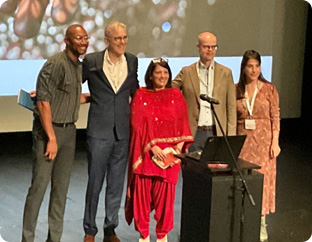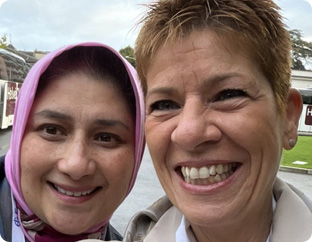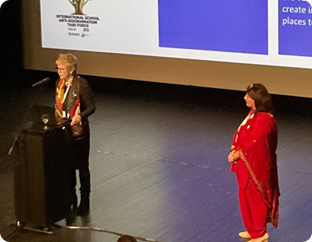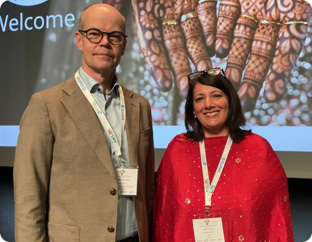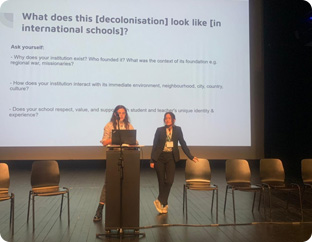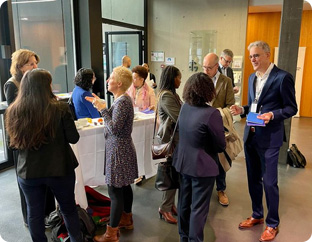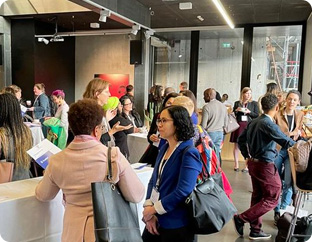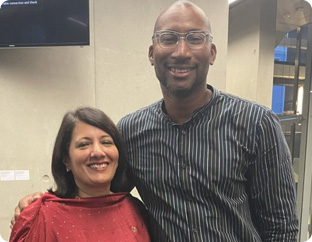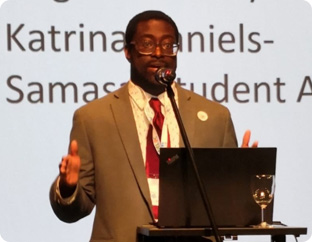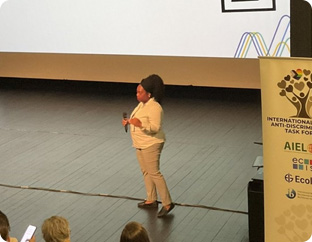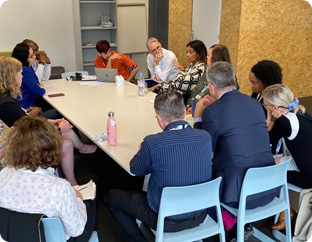# ISADTF
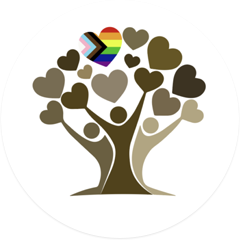
International school Anti-discrimination task force
Aieloc | ECIS | Ecolint | The international baccalaurreate
The International School Anti-Discrimination Task Force, jointly founded by ECIS, Ecolint, The International Baccalaureate, and AIELOC. Our shared vision is for international schools to be truly diverse, inclusive, safe, equitable and welcoming for all students, staff and families by promoting practices that eliminate racism, implicit bias and discrimination of all kinds.
From Kam Chohan, Executive Director, ECIS:
Thank you to all attendees for a powerful, purposeful, energy-raising and sustained action-promising inaugural task force event. Ecolint, we are grateful for the space and resources provided. Thank you to all facilitators and presenters for fully and whole heartedly contributing. Many more want to be involved who could not attend, and we want to be able to hold space for all of our communities.
There were so many moments from the weekend (conversations, group work, first time in person meetings) that brought joy. We are already thinking and drafting ideas for the next steps to be shared.
There was a very special feeling in the air, with a promise that this first and truly historic event will change systems, processes, culture and lives.
Thank you once again for doing something very special and for bringing us so much light. Warmest wishes,
Kam
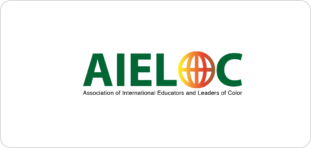
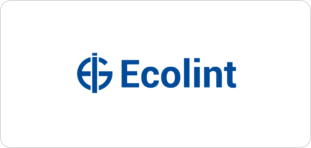
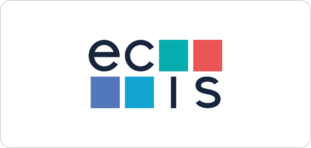
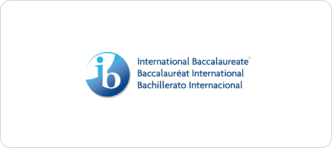
SUB-COMMITTEE MISSION STATEMENTS
The Governance committee of the ISADTF is committed to render power depositories, such as boards in international schools, more effective by increasing accountability, transparency and awareness. Knowing that the board can empower communities and influence school culture, the governance committee will focus on showing how to amplify all shareholder voices, centering belonging, integrity, trust and honesty.
Through our understanding of board practices, we can make recommendations to accrediting agencies that exert influence on best practice regarding DEIJ frameworks for schools. Our goal is to help all international school boards use their power to help make and sustain necessary strategies for inclusive international schools
We strive to assist international schools in creating equitable hiring practices and developing systems to support, retain, and promote staff from historically marginalised identities and backgrounds by ensuring a diverse representation of race, ethnicity, gender, sexuality, ability, and disability amongst all staff; that everyone in the community understands and values the importance of having diversity within the institution; and that there are no barriers for anyone wanting to apply for any position
The Student Agency Committee aims to cultivate among students the initiative, drive, responsibility, accountability, respect, self-value, entrepreneurship while exercising their rights and freedoms. These competences need to be developed in individuals and groups through education in order to work against discrimination at the level of human motivation. The sub-committee’s focus is on student and faculty agency and how school culture and training programmes can reinforce it
The Accreditation Committee of the ISADTF is committed to an accreditation process that is transparent and free from fear where individuals will participate authentically and schools will grow in their ability to identify opportunities to be more inclusive and equitable. We envisage a future where accreditation is an integral part of eliminating discrimination in the international school ecosystem. Our goal is to make recommendations to all accrediting agencies in order to use their power to help make and sustain necessary strategies for inclusive international schools
The Humanising Pedagogy committee is dedicated to transforming curricula so that it will serve all students under our care by humanizing, indigenizing and decolonizing our pre-conceived notions about curriculum. We will develop a Humanising Pedagogy Model that will outline four areas of curricula development: ways of knowing, doing and understanding, culture, practice and impact. We are committed to identity-centered learning and teaching that value intersectional diversity through inclusive practices grounded in equity, social justice and safeguarding.
We commit to delving into research-driven practices that will support and sustain a humanised pedagogy model. Based on our inquiries we will develop a model that is supported by guiding principles and an accessible guide to help schools use this as a lens for strengthening their curricula. As a committee, we will also develop a profile of a DEIJB-driven educator in acknowledgement that specific mindsets are necessary for humanising pedagogy approaches to permeate all aspects of a school’s intentional and hidden curricula
The leadership working group will work proactively to promote and enact best leadership approaches for equitable and just international schools, by supporting and empowering leaders at all levels in addressing inequitable, discriminatory, and exclusionary practices. Leaders need to be role modelling these competences to their whole communities

